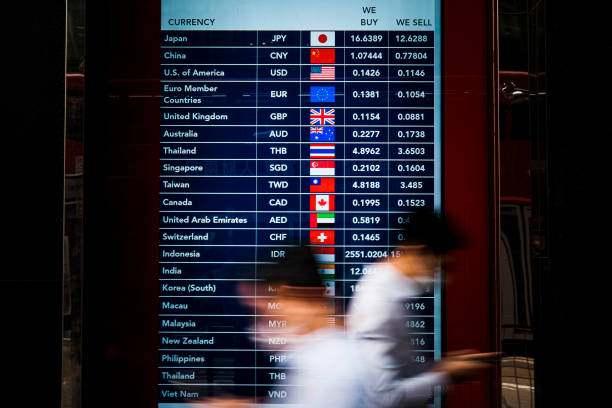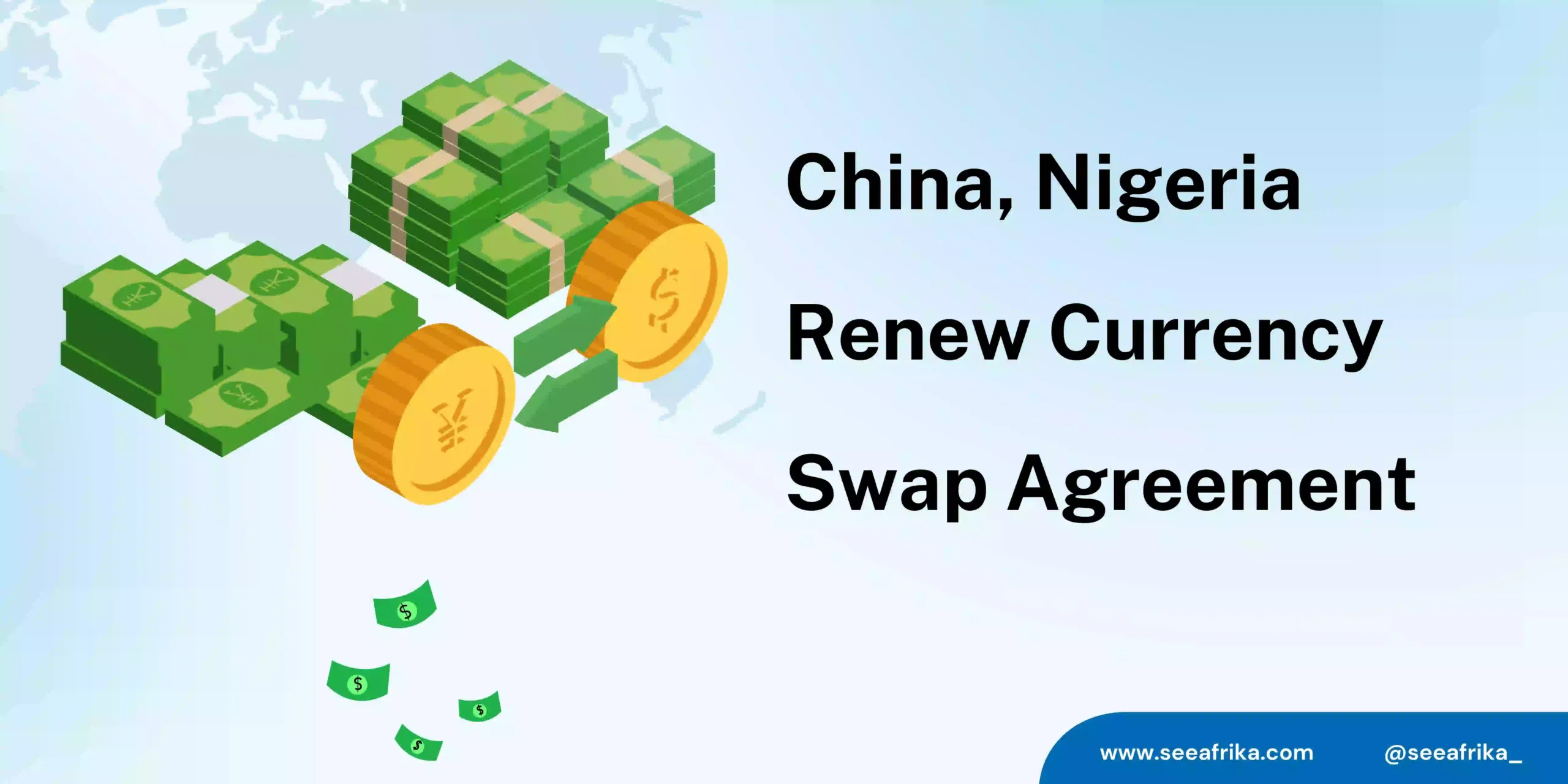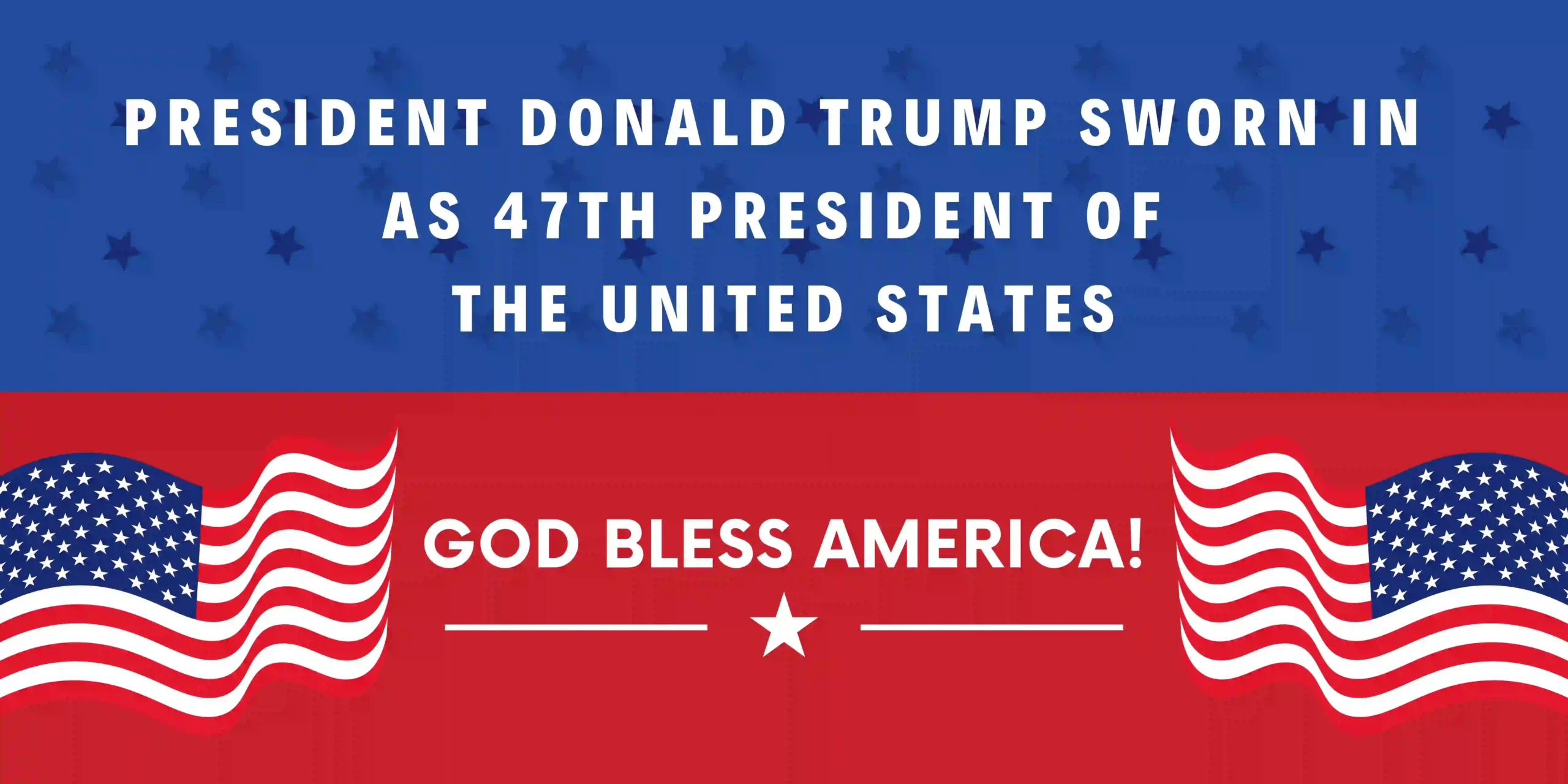China and Nigeria have officially renewed their currency swap agreement, a significant financial arrangement aimed at enhancing trade and economic cooperation between the two nations. The renewal, announced recently, continues a partnership that allows for the exchange of currencies directly, thereby bypassing the US dollar in bilateral transactions.

Details of the Currency Swap Agreement
The renewed currency swap agreement is valued at 15 billion yuan (approximately $2.09 billion or 3.28 trillion naira) and is set to last for three years, with provisions for renewal upon mutual consent. This deal facilitates the exchange of renminbi and naira, providing liquidity to businesses in both countries.
The Central Bank of Nigeria (CBN) and the People’s Bank of China (PBoC) executed this agreement, which is designed to streamline trade processes and bolster economic ties.
Objectives of the Agreement
The primary objectives of the currency swap agreement include:
- Enhancing Trade: The agreement aims to promote trade between Nigeria and China by allowing transactions to be conducted in local currencies.
- Liquidity Provision: It provides naira liquidity to Chinese businesses and liquidity to Nigerian businesses, improving transaction speed and convenience.
- Financial Stability: The currency swap helps maintain financial market stability by reducing reliance on third-party currencies.
Historical Context
The initial currency swap agreement was signed on April 27, 2018, following extensive negotiations between both countries. Since its inception, it has played a crucial role in facilitating trade and investment, particularly for small and medium enterprises seeking access to foreign currency liquidity.
Recent Developments
Following the expiration of the previous agreement in April 2021, the CBN confirmed that the currency swap agreement was renewed in August 2023. The bank reported that out of the total drawdown since renewal, 9 billion yuan had been accessed, with 6 billion yuan utilized for various transactions.
This demonstrates the ongoing relevance and utility of the currency swap mechanism in supporting bilateral trade.
Economic Impact of the Currency Swap Agreement
Experts believe that this renewed agreement will significantly impact Nigeria’s economy by enhancing its foreign reserve management and reducing dollar demand among businesses engaged in trade with China. The agreement is expected to protect Nigerian businesses from fluctuations in third-party currencies while fostering broader economic cooperation.
Additionally, the currency swap agreement provides liquidity in both currencies, enabling Nigerian businesses, especially small and medium enterprises (SMEs), to access necessary funds without the hurdles of seeking scarce foreign currencies.
This liquidity will allow SMEs to import raw materials and machinery more easily, thereby fostering local production capabilities and enhancing competitiveness. The Central Bank of Nigeria (CBN) has emphasized that this arrangement will support financial stability by improving foreign exchange reserve management.
Future Prospects
As trade between Nigeria and China continues to grow—accounting for about 30% of Nigeria’s total trade—the importance of the agreement cannot be overstated. Both nations are committed to leveraging this initiative to strengthen their economic ties further, with discussions on expanding cooperation in areas such as financial intelligence and anti-money laundering efforts also on the agenda.
The renewal of the currency swap agreement marks a pivotal moment in Nigeria-China relations, promising enhanced economic collaboration through direct currency exchanges that benefit both nations’ business communities.
In another major development, Spiro has announced plans to establish a new electric vehicle assembly plant in Nigeria.




